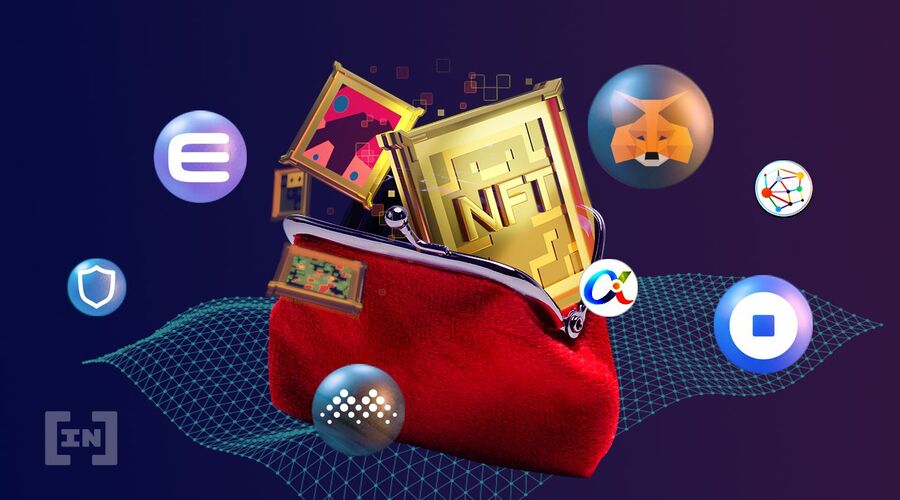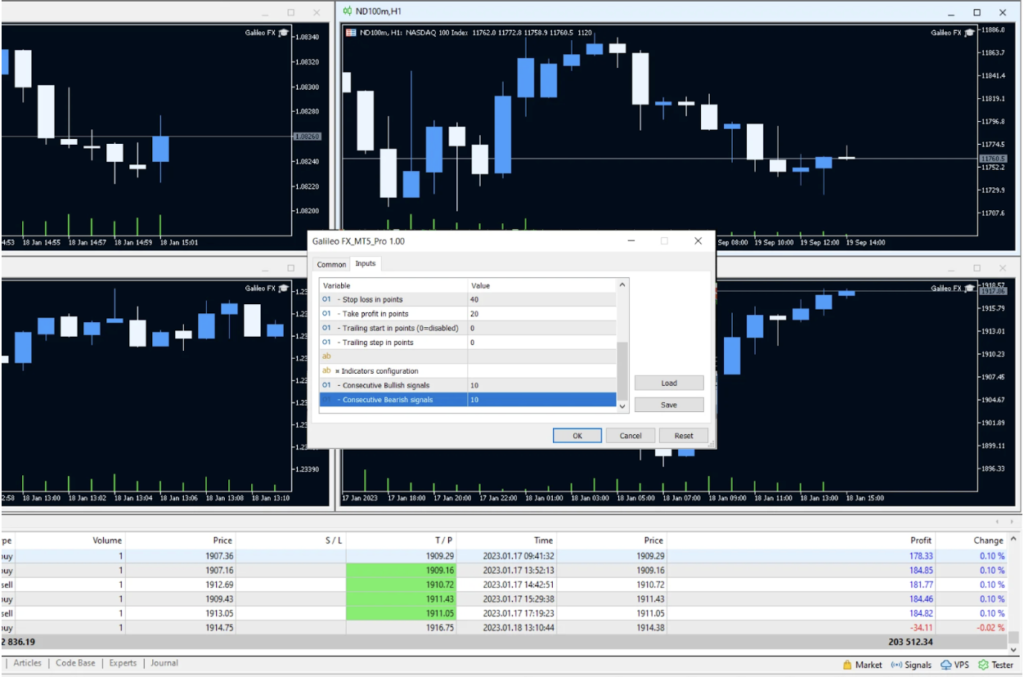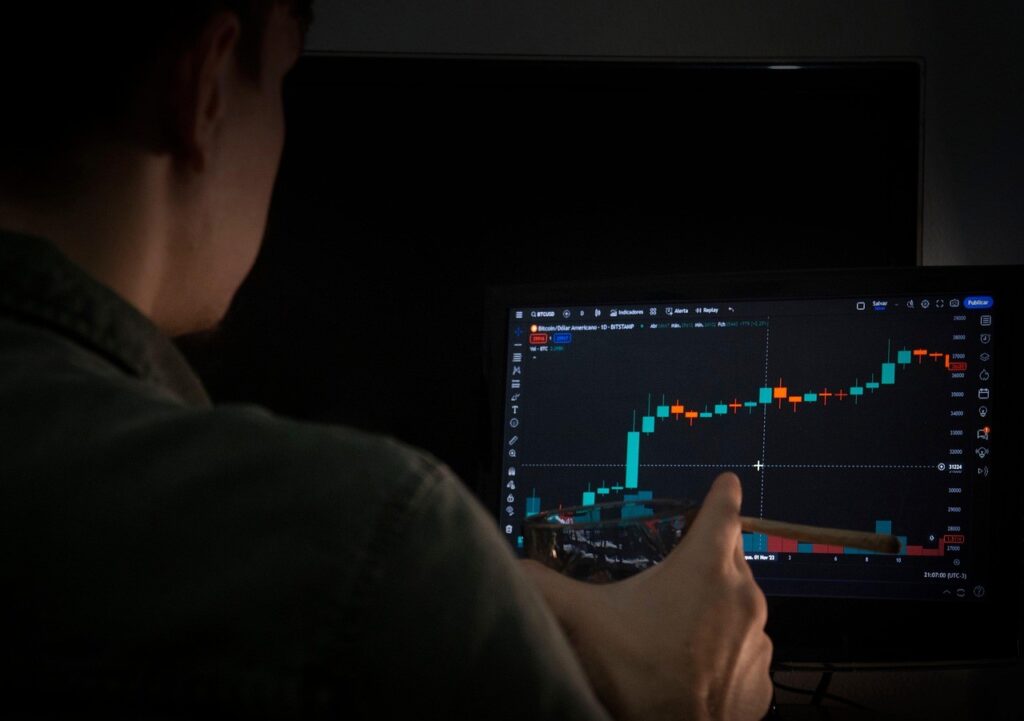Non-fungible tokens (NFTs) have become increasingly popular as a way to own and trade unique digital assets. NFTs are stored in digital wallets, similar to how cryptocurrencies are stored. In this article, we’ll explore what NFT wallets are, how they work, and the benefits they offer for managing digital assets securely.
What is an NFT Wallet?
An NFT wallet is a digital wallet that is used to store and manage non-fungible tokens. NFT wallets are similar to cryptocurrency wallets, but instead of storing cryptocurrencies, they store unique digital assets such as artwork, collectibles, and virtual real estate.
NFT wallets are often provided by NFT marketplaces and can be accessed through web-based interfaces or mobile apps.
How NFT Wallets Work
NFT wallets work by using blockchain technology to securely store and manage NFTs. Each NFT is unique and has a unique identifier that is stored on the blockchain. This ensures that the NFT cannot be duplicated or tampered with.
NFT wallets provide a secure and easy-to-use interface for managing NFTs. Users can view their NFTs, transfer them to other wallets or marketplaces, and view transaction history.
Benefits of NFT Wallets
One of the main benefits of NFT wallets is the security they provide for managing digital assets. Since NFTs are unique and cannot be duplicated, it is important to have a secure way to manage them. NFT wallets use blockchain technology to provide a secure and tamper-proof way to manage NFTs.
Additionally, NFT wallets provide a way to access and manage NFTs from anywhere in the world. As long as a user has access to the internet, they can manage their NFTs from their digital wallet.
Popular NFT Wallets
There are several popular NFT wallets available, each with their own unique features and benefits. Some of the most well-known NFT wallets include:
MetaMask
MetaMask is a browser extension that allows users to manage NFTs and cryptocurrencies. It supports multiple blockchains, including Ethereum and Binance Smart Chain.
MyEtherWallet
MyEtherWallet is a web-based NFT wallet that allows users to manage Ethereum-based tokens and NFTs. It is a popular Ethereum wallets.
Coinbase Wallet
Coinbase Wallet is a mobile app that allows users to manage their cryptocurrencies and NFTs. It supports multiple blockchains like Bitcoin, Ethereum, Ripple, etc.
Risks of NFT Wallets
While NFT wallets provide a secure way to manage digital assets, there are still risks to be aware of. One of the main risks is the potential for hacking and theft. If a user’s NFT wallet is hacked, their NFTs can be stolen and irretrievable.
Another risk of NFT wallets is the potential for scams and fraud. Users should always be cautious when buying and selling NFTs and should only use reputable marketplaces and wallets.
NFT Wallets and Interoperability
One of the challenges facing the NFT ecosystem is the lack of interoperability between different blockchains and NFT marketplaces. Each marketplace and blockchain has its own unique token standards, which can make it difficult for users to transfer NFTs between them.
NFT wallets can help to solve this problem by providing a single interface for managing NFTs from different marketplaces and blockchains. Some NFT wallets, such as Rainbow and Nifty, already support multiple blockchains and can be used to manage NFTs from various marketplaces.
NFT Wallets and Privacy
Another important consideration for NFT wallets is privacy. While blockchain technology provides a secure and tamper-proof way to manage NFTs, it also records all transactions on a public ledger. This means that anyone can see the transaction history of an NFT.
To address this, some NFT wallets are implementing privacy features that allow users to make transactions without revealing their identity or transaction history. For example, some wallets use zero-knowledge proofs or other cryptographic techniques to obscure transaction information.
NFT Wallets and the Future of Digital Ownership
NFT wallets are an important part of the future of digital ownership. As more unique digital assets are created and traded on blockchain-based marketplaces, the need for secure and user-friendly NFT wallets will only increase.
NFT wallets also have the potential to change the way we think about digital ownership. By providing a secure and tamper-proof way to manage digital assets, NFT wallets can help to establish a new standard for ownership in the digital world.
NFT Wallets and the Importance of Education
Finally, it’s important to note that education is key when it comes to NFT wallets. While NFTs and blockchain technology are becoming more mainstream, they are still relatively new concepts for many people.
Users should take the time to educate themselves on NFTs and NFT wallets, and should only use reputable wallets and marketplaces. By staying informed and cautious, users can help to prevent scams and fraud and ensure the safe and secure management of their digital assets.
NFT Wallets and Decentralization
Another important aspect of NFT wallets is decentralization. Since NFTs and other blockchain-based assets are decentralized, it’s important to use wallets that are also decentralized.
Decentralized NFT wallets are not controlled by any single entity or organization, which makes them more secure and resistant to censorship. Decentralized wallets also provide users with full control over their digital assets, without the need for a third-party intermediary.
NFT Wallets and User Experience
Finally, NFT wallets can also play a role in the overall user experience of using blockchain-based marketplaces and applications. A well-designed and user-friendly NFT wallet can make it easier for users to manage their digital assets, which can increase engagement and adoption of blockchain-based platforms.
NFT wallets can also help to bridge the gap between the traditional and digital worlds. By providing a familiar and intuitive user interface, NFT wallets can make it easier for users who may not be familiar with blockchain technology to manage their digital assets.
Conclusion
In conclusion, NFT wallets are an essential tool for managing non-fungible tokens and other unique digital assets. They provide a secure and user-friendly way to manage NFTs, and have the potential to revolutionize the way we think about digital ownership. As the NFT ecosystem continues to grow, the importance of NFT wallets will only increase.















